North Dakota is among twenty-two states that have no legislation that governs optician training, certification, and licensing requirements. These states typically allow employers to establish their own standards for what they expect from opticians. Due to the variety of optical employers across the country, it is not unusual to find a wide range of experience and technical skill among opticians in these states. Opticians need to make sure that they are receiving the comprehensive training that will be needed to work in many offices.
Some employers feel that opticians should only perform basic tasks while other employers want their opticians to have a comprehensive understanding of the industry. The most common method of training in unregulated states is to have new opticians learn the required skills from more experienced opticians. Depending on the employer, the training process may be short and fairly straightforward or long and complex. Some employers provide opticians with extensive training and actively encourage voluntary completion of the American Board of Opticianry (ABO) and National Contact Lens Examiners (NCLE) Certification Exams.
There are a few important benefits associated with certification that all opticians should consider. First, certified opticians are generally paid more. Employers know that credentialed opticians are an asset to the business and can be used as a marketing advantage over the local competition. They also understand that many customers prefer to receive assistance from opticians who can demonstrate that they have met national standards for competence. This can have a big impact on the ability of a business to attract and retain customers.
 Another important benefit associated with certification is the ability of transfer credentials between regulated and unregulated states. Opticians who decide to move during their career will have more job opportunities available to them and will find it easier to get licensed if they have been certified. Most states will allow certified opticians to be licensed through reciprocity. Opticians who are not certified may be required to complete a degree, apprenticeship, or the ABO and NCLE exams before they can be licensed.
Another important benefit associated with certification is the ability of transfer credentials between regulated and unregulated states. Opticians who decide to move during their career will have more job opportunities available to them and will find it easier to get licensed if they have been certified. Most states will allow certified opticians to be licensed through reciprocity. Opticians who are not certified may be required to complete a degree, apprenticeship, or the ABO and NCLE exams before they can be licensed.

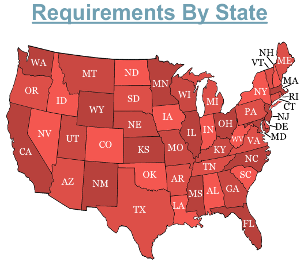

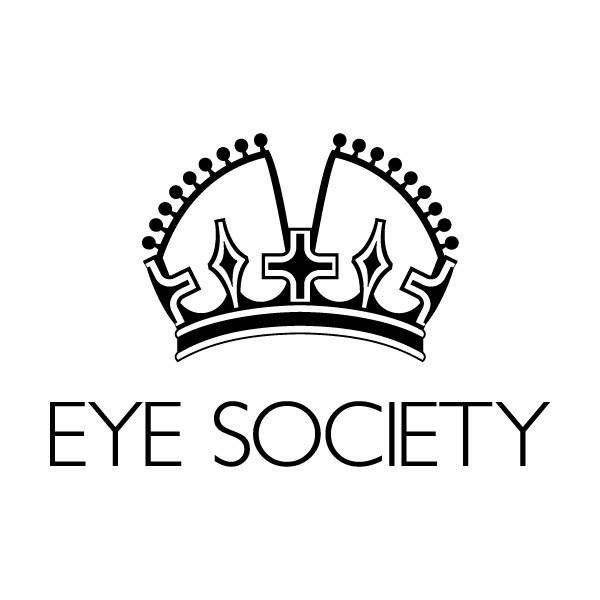

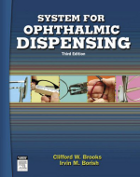
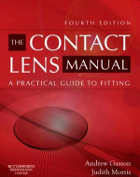
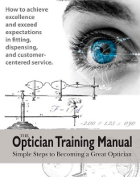

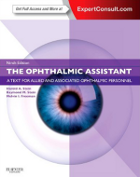
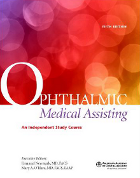
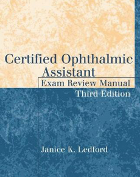
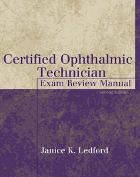
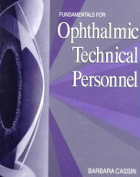
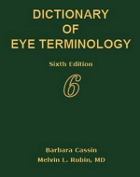
Please Leave Your Comment Below.